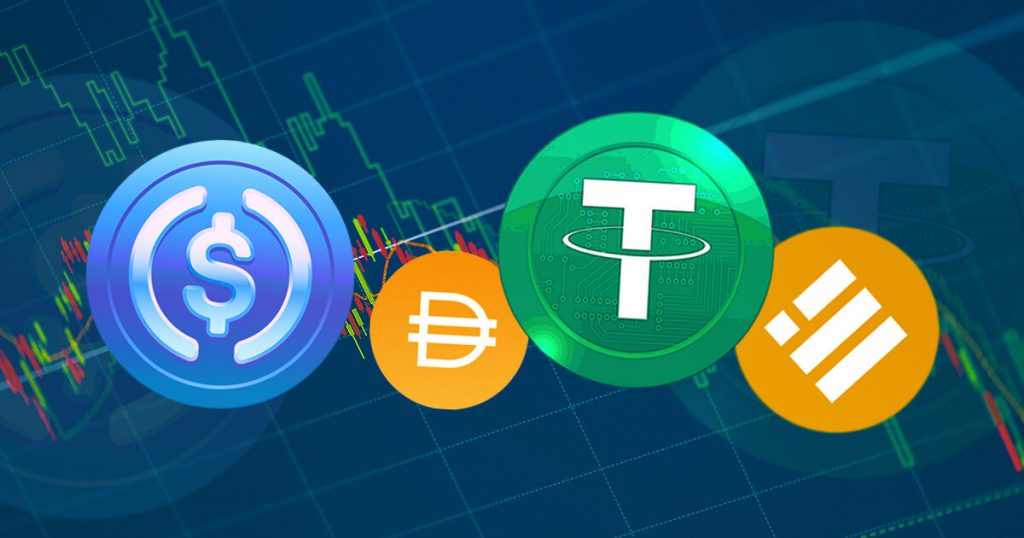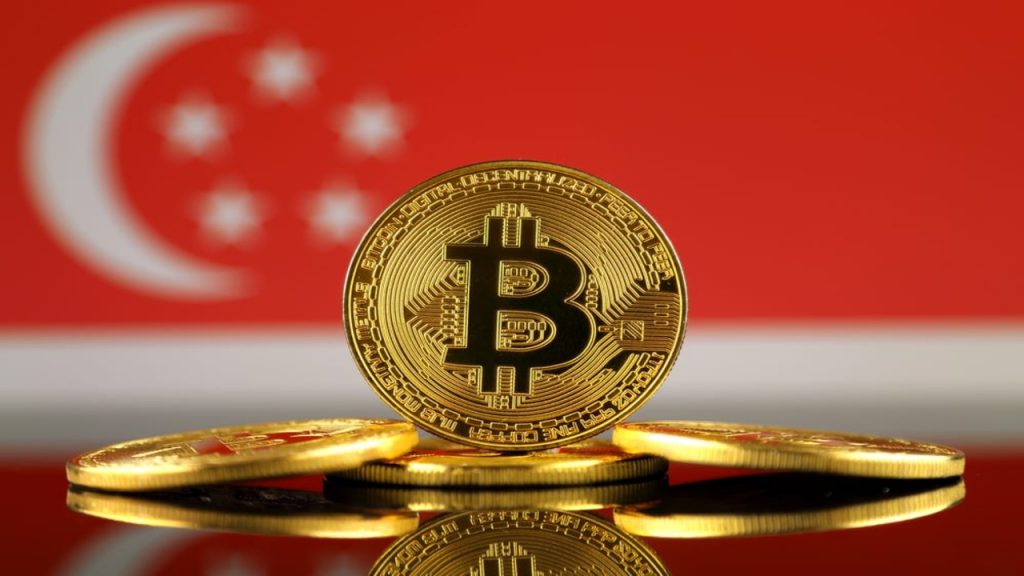The Singapore central bank has officially unveiled a brand new regulatory framework for stablecoins in the country. Specifically, the Monetary Authority of Singapore (MAS) released the framework after executing a public consultation in the fall of last year.
The instituted framework will only apply to single-currency stablecoins that are pegged to a Singapore dollar. Moreover, there have been certain requirements set in place for issuers of stablecoins that are seeking regulation in the country.


Also Read: Blockchain.com Granted Payment License in Singapore
Singapore Central Bank Reveals Stablecoin Regulatory Framework
The digital asset industry has long seen a potential game changer in the presence of stablecoins. Subsequently, with the arrival of PayPal’s PYUSD stablecoin, there is immense interest in its advancement. Now, one country has introduced a new framework to guide the market’s continued growth.
Specifically, the Singapore Central Bank has unveiled a regulatory framework for stablecoins in the country. Indeed, the developments follow a public consultation held in October of last year and provide a clear roadmap for companies seeking regulatory standing with their stablecoins.


Also Read: Singapore’s MAS Commits $111 Million for Web3 FinTech Solutions
The framework applies to a single-currency stablecoin pegged to a Singaporean dollar or G10 currency. Therefore, this applies to any US dollar-pegged, or British pound-pegged digital asset. Moreover, the central bank introduced requirements regarding value, capital, and redemption, according to a MAS announcement issued Tuesday.
An example of these requirements is that stablecoins must hold a minimum base capital of 1 million Singaporean dollars. Additionally, redemption of the asset must take no longer than five business days to process.
Alternately, Circle obtained a digital payment token services license from the MAS this June. Moreover, this development shows their commitment to the industry and the continued presence of stablecoins in the country. A process that is similarly taking place throughout the world.





